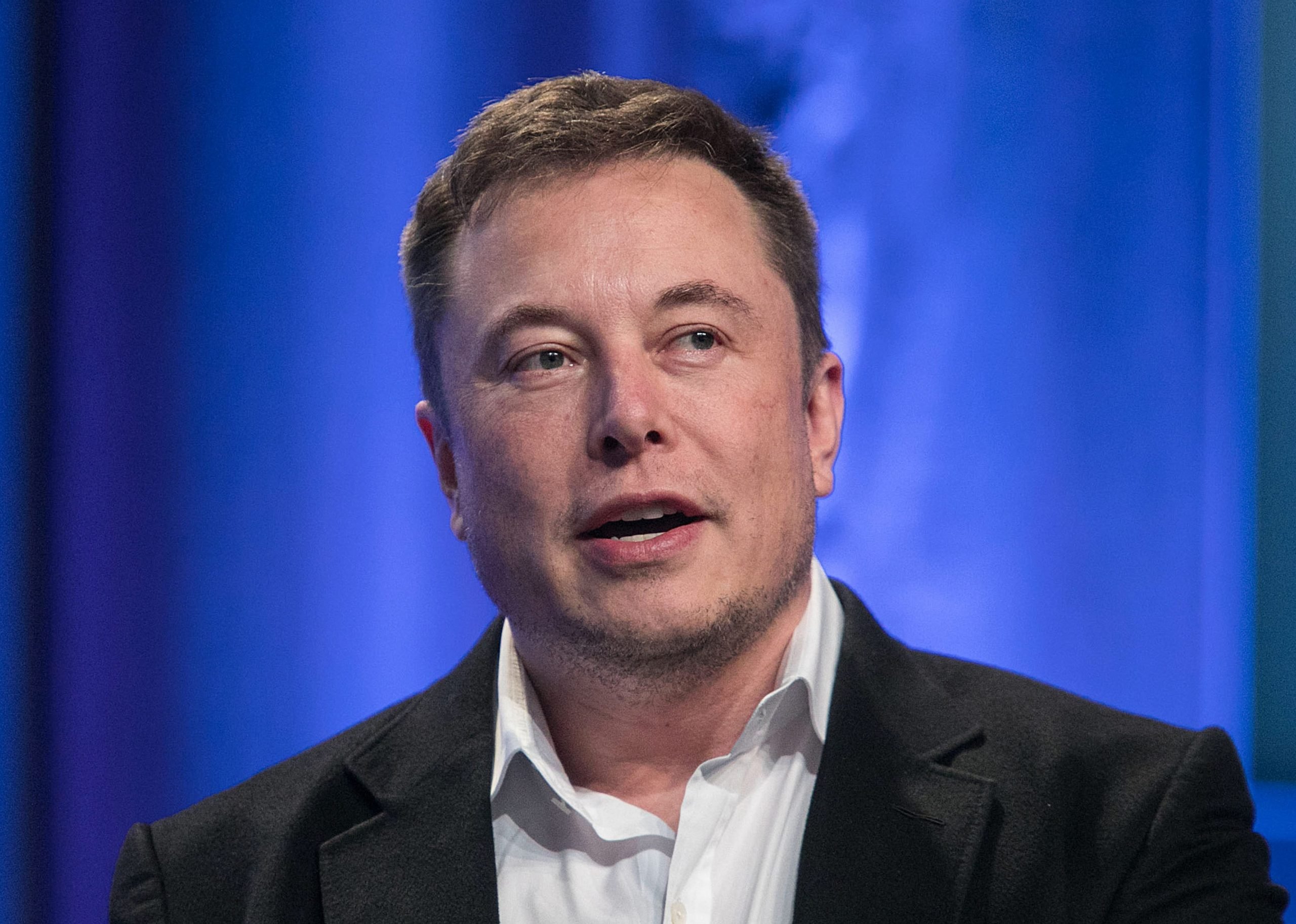SPANISH newspaper La Vanguardia has followed in the footsteps of UK publication The Guardian and is ditching X (formerly Twitter).
After the British newspaper closed its accounts on the social network owned by billionaire Elon Musk on Wednesday, citing accusations of the platform being ‘toxic’, the Barcelona-based outlet has announced it will stop posting tweets directly to X and suspend its accounts.
La Vanguardia argues that the platform ‘has become a space where conspiracy theories and disinformation find an echo chamber’.
However, it will continue to ‘follow people, entities, companies, and institutions on the network to keep its readers informed of messages and debates that may occur there’.
READ MORE:
- Elon Musk’s Tesla revealed as car maker interested in opening factory in Spain’s Valencia area
- Why Elon Musk’s social network X just suspended dozens of accounts in Spain belonging to scientific researchers and media outlets, only to later reinstate them
The Guardian announced on Wednesday that ‘the US presidential elections have served to confirm’ what they had been considering for some time: that X is a ‘toxic media platform and that its owner, Elon Musk, has used his influence to shape the political debate’.
The decision of the two newspapers follows the lead of other media outlets and institutions that have also decided to disconnect from the social network.
NPR, the US national public radio station, decided to suspend its accounts on X in April of last year. Public Broadcasting Service (PBS) also took similar action.
La Vanguardia explained that its decision ‘coincides with Donald Trump’s announcement to appoint Elon Musk and former Republican candidate Vivek Ramaswamy to head a new Department of Government Efficiency (DOGE), with the goal of making cuts to the US administration’.
Its director, Jordi Juan, published an article in which he stated that the intention is ‘not to contribute to the traffic generated by La Vanguardia towards the growth of this platform’.
He added that La Vanguardia’s journalists were free to keep their personal accounts on X.
Click here to read more Spain News from The Olive Press.









So called defenders of free speech don’t believe in speech that they don’t agree with.